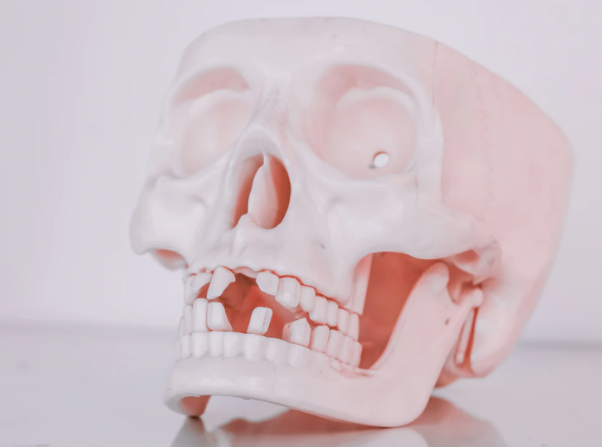What is Bruxism?
Bruxism, also known as teeth grinding, is the occasional clenching of the jaw and grinding of the teeth. Though this condition might not always have a serious impact on your health if it’s very occasional, if it occurs regularly, it can lead to other oral health problems and complications.
Causes of Bruxism
You might be wondering why people clench their teeth. In most cases, however, it happens while someone is sleeping. Sometimes though, it can be as a result of anxiety and stress. Other causes of bruxism also include instances where people have a sleep disorder, an abnormal teeth bite, or missing teeth.
How to Know If You Have Bruxism
Most often, teeth grinding happens at night and this is the reason why most people are not aware if they have this problem. In this case, when you wake up in the morning, you will likely experience headaches or a sore jaw.
If you share a room or bed with someone, then they might be able to hear the grinding. If you feel that you grind your teeth, it is important to see your dentist to conduct a further examination and determine whether you have bruxism.
Why Is Bruxism Dangerous?
Teeth grinding can have dire consequences on your teeth. Therefore, you need to seek dental attention as soon as possible. Chronic bruxism can lead to teeth loss, loose teeth, or even the fracturing of teeth.
These problems might require medical attention such as crowns, bridges, dental implants, or root canals. All of these treatments are very expensive and require invasive procedures.

Prevention of Bruxism
If you are wondering how to go about preventing teeth grinding, there are a few things that you can do. The most important and effective is to visit your dentist to recommend a solution. Some other prevention methods (the best method for you will be recommended by your dentist) include:
- A Mouth Guard. This is a tool to help prevent grinding your teeth at night or while sleeping.
- Stress Therapy.As mentioned, stress is one of the causes of teeth grinding. Your dentist may recommend a counselling session to help determine the root cause of stress.
- Avoiding food containing caffeine
- Avoiding alcohol consumption
- Learning how to relax the jaw muscle
- Jaw exercises
If you believe you are experiencing bruxism, you can initially try to implement some of the above tips to see if they help; however, the best advice is to see your dentist to confirm your condition and find the best treatment option for you.
Are you looking for dental services from experienced dentists? Next Smile™ will get you sorted by connecting you with highly qualified and trusted professionals. Get in touch with Next Smile™ to book an appointment.
Comments
Post a Comment